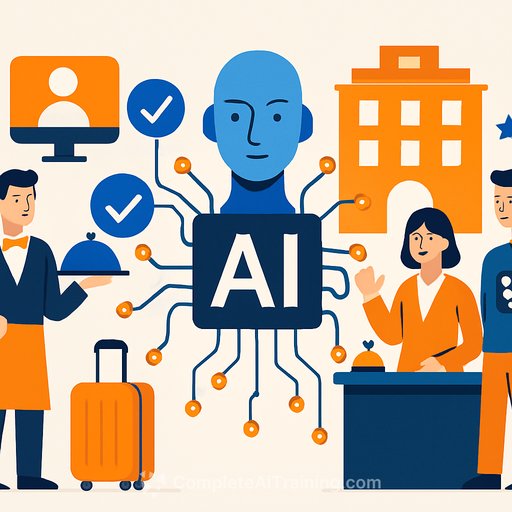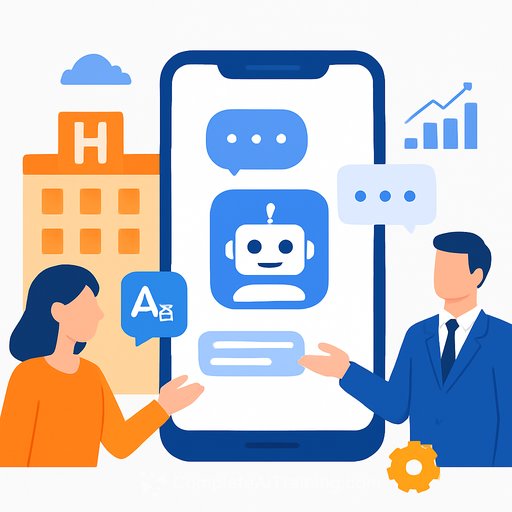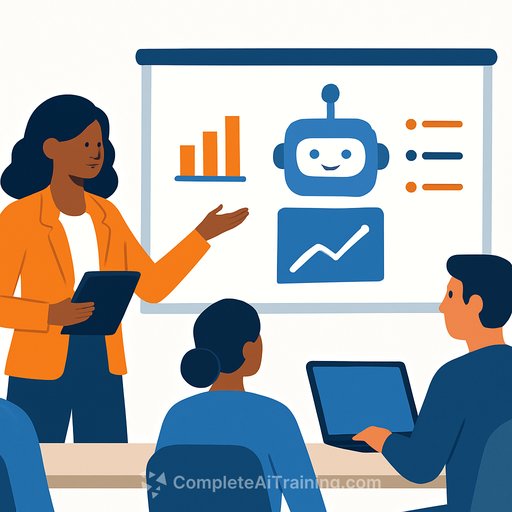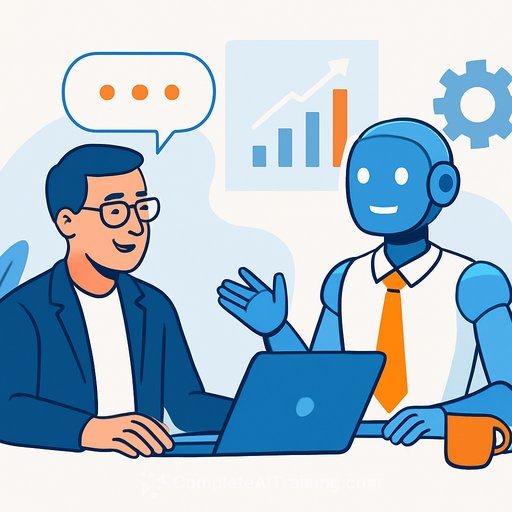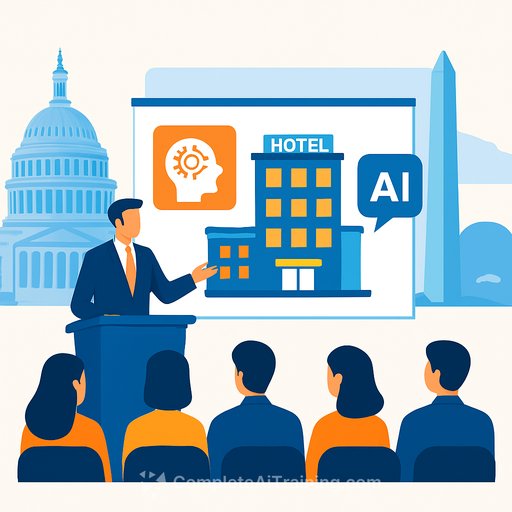5 Ways AI Will Rewrite the Hospitality Playbook
The hospitality industry has always thrived on personal touch—the kind that anticipates guest needs before they’re even spoken. Traditionally, this meant relying on human intuition and cultural sensitivity. But AI is changing the way hospitality works, not by replacing people, but by enhancing their ability to deliver exceptional service.
Here are five practical ways AI will reshape hospitality in the near future:
1. Augmented Emotional Intelligence
AI will soon analyze countless guest interactions to detect emotional cues like stress or unspoken preferences. This means staff will receive real-time insights about a guest’s mood and needs, allowing them to act faster and more thoughtfully.
Hilton’s AI concierge, Connie, already learns from interactions to better assist guests. Expect future systems to assess voice patterns, facial micro-expressions, and behavior to provide staff with a sharper understanding of guests’ feelings. This will boost human intuition, helping teams adjust service delivery on the fly.
2. Responsive Environments
Picture walking into your hotel room where the lighting matches your body clock, the temperature suits your sleep habits, and calming sounds ease your mind. AI will connect with smart devices to create spaces that adapt to your needs in real time.
If you’re jet-lagged, the room might suggest relaxation methods or adjust ambiance to help you unwind. Celebrating a special occasion? The environment will shift to enhance your mood. This technology will turn standard hotel rooms into personalized sanctuaries.
3. Leaps in Smart Sustainability
AI is already helping hotels cut waste and save energy. For example, Accor Hotels use AI to monitor room occupancy and adjust lighting, heating, and cooling accordingly. They also predict restaurant demand to reduce food waste.
Future systems will get even smarter, forecasting energy needs based on weather, events, and guest habits. This approach goes beyond simple automation—it anticipates when to pre-cool rooms or optimize laundry cycles to reduce environmental impact without sacrificing comfort.
4. Near-Term Novelty Experiences
AI-powered innovations are appearing in hospitality today. Radisson Hotel Group offers an “infinity room” that uses AI-driven light and sound to help event planners visualize spaces live, changing how venues sell experiences.
Other emerging applications include AI concierges that assist with bookings and travel plans, AI chefs who customize meals using local ingredients, and AI spas that create personalized treatments based on guest preferences.
5. The AI Detox
As AI becomes more integrated into hospitality, a counter-movement will emerge. Some guests will seek places free from smart tech where the human element is raw and unfiltered.
Expect to see AI-detox retreats and “dumb” hotels offering disconnected, slow-paced hospitality. This trend will cater to those craving simplicity and human imperfection amid a high-tech world.
For hospitality professionals interested in how AI can enhance their skills and services, exploring targeted AI training can be a smart move. Check out AI courses tailored for hospitality and events jobs to stay ahead.
Your membership also unlocks:

